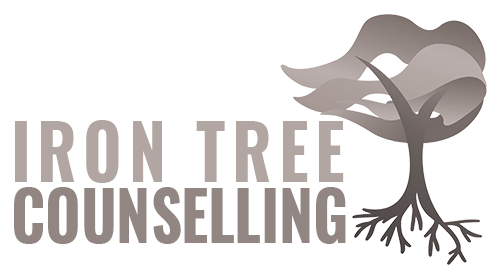Are You An Introvert?
Personal Discovery of Introversion
There are certain moments in our lives when an idea from outside of ourselves is presented to us, and it just clicks with our internal sense of self. Some may call these moments, ‘Aha’ moments.
One of the most significant ‘Aha’ moments I experienced was when I came across the book Quiet: The Power of Introverts in a World That Can’t Stop Talking by Susan Cain in a bookstore one day. Ever since taking a Psychology 101 course in high school I came to enjoy reading self-help and psychology-based books – there was always something interesting to learn.
So, when I came across this self-help book in the bookstore, it was an incredible moment. It seemed like such a simple word…quiet… yet after reading the back flap of the book it dawned on me how much I appreciate quiet environments and ‘low-key’ social gatherings – ultimately, I would be completely fine with doing my own thing on most days, reflecting on the world around me, and silently studying the innumerable number of psychological concepts in our world.
Needless to say, I bought this book and couldn’t put it down once I started. I felt like I was reading a book about ME. For the first time in my life, I really resonated completely with what Susan Cain was writing about and felt like I had unlocked a part of me that was hidden away for so long due to social stigma against being quiet – thoughts I would have to myself would be along the lines of, “I wish I was more social”, “Why does it take me longer than others to say something out loud to the group?”, “How do I get people to listen to me?” and so on.
I learned that day that many of my experiences throughout life, and many of the beliefs I came to have about myself and the world were based on an extraverted way of viewing things. Finally I realized that I wasn’t the only quiet one and that there were strengths to the introverted way of being. Now I’m proud to be an introvert.
What is Introversion?
And how do you know if you’re an introvert?
Let’s talk about a few key factors that imply that you may lean towards the introvert side of the introvert-extravert spectrum, because like all phenomena and personality ‘types’ in life they often all fall on a spectrum (one extreme to another – see scale below) where most of us fall somewhere between the two extreme sides.
Introvert Ambivert Extravert
|________________________________|____________________________________|
Introvert Qualities
1) Given the option for activities on any night, you prefer to have quiet time alone doing your own thing or maybe hanging out with a few close friends or family members as opposed to going to a big party with lots of people you may not know.
2) Looking inward for energy and information, rather than looking outside of yourself. Thus, you feel the most energized when alone.
3) You’ve been told by others that you are a good listener, and/or are soft-spoken.
4) Tend to dislike conflict and try to avoid it at all costs.
5) You tend to prefer time to yourself to think about things before responding right away to someone’s question (particularly in educational or group settings).
These five statements regarding feeling more introverted are merely guidelines. Introverts can appear very extraverted in the ‘right’ situations – like a family gathering or a birthday with all of their close friends – everyone is different in which environments they are the most outgoing.
There are also considered to be four different types of introverts as well, further breaking down the definitions and criteria – more on that in another post though.
Next Steps
So, if you find yourself agreeing with most or all of the 5 statements above, then you likely fall on the introverted side of the spectrum. If this is true for you and you are now wishing it was not so, most likely due to finding it hard to navigate the world as an introvert, don’t worry.
The good news is that there is TONS of research and information about what introversion is and how to harness your introverted strengths to support your ability to thrive in the world as an introvert. The first step in making any meaningful change in life is to first become aware of what you’re working with – shining the light on the idiosyncrasies of our personalities (i.e., introversion) helps us to find acceptance and compassion for ourselves, which we can build off of to develop a sense of solidarity and enter into the world with more confidence and conviction in what we do.
References
Cain, S. (2013). Quiet: The power of introverts in a world that can’t stop talking. New York: Broadway Paperbacks.
Zelenski, J. M., Sobocko, K., & Whelan, D. C. (2014). Introversion, solitude, and subjective well-being. In R. J. Coplan & J. C. Bowker (Eds.), The handbook of solitude: Psychological perspectives on social isolation, social withdrawal, and being alone (p. 184–201). Wiley Blackwell.




